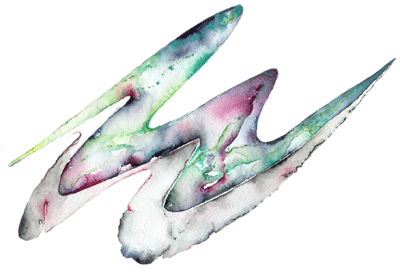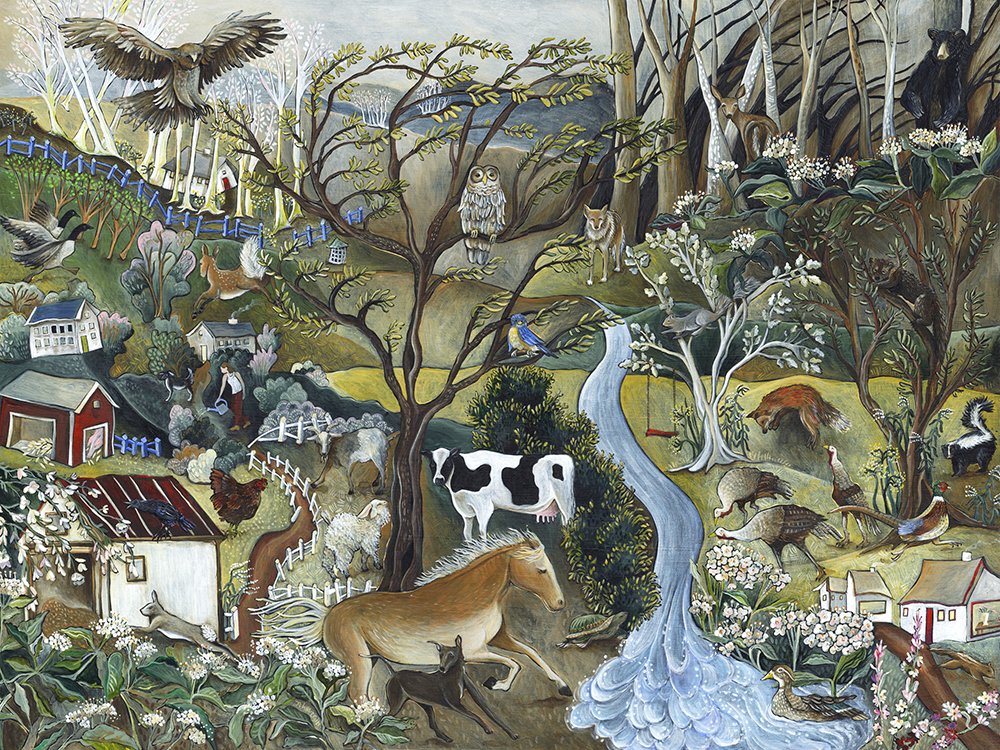Week 6 - Isaiah 42:10-25
No member of the covenant community
is forgotten. All will be rescued. - Walter Brueggemann
Last week, we were introduced to the servant, and this week’s passage is divided into two sections — Yahweh the warrior and then…a fight.
There is an inherent tug-of-war between these sections. Holding them together feels like Yahweh has two vastly different personality traits. On the one hand, Yahweh is a warrior coming to intervene on Israel’s behalf, like the best big brother you can imagine who comes to your rescue when you’re being bullied on the playground (vs. 10-17). On the other hand, a jealous Yahweh sharply rebukes his people, calling them deaf and blind (vs 18-25). No sandwich method here to soften the blow! A subheading for this whole section could be, “I will fight for you…and I will fight against you.” Will the real Yahweh please stand up?
As I mulled this contradiction over, I kept thinking of Watershed’s expression that "love and truth walk together". It’s the paradox of the George MacDonald quote, “God is always for us. Even when He must be against us, He is for us." First, Yahweh loves Israel so much that he’s coming through, like a warrior, to deliver the people from darkness to light; from rough places onto level ground. He’s been silent and even possibly absent, but now he’s bursting back onto the scene to bring the new song they’ve been promised. But the consoling tone turns to sharp truth-telling where God seems to be against Israel.
The love/truth paradox reminded me of Aslan in The Lion, The Witch and the Wardrobe. Though the witch has been well-introduced in the first chapters, like the absent Yahweh, there’s been no lion to deliver them from the “always-winter-but-never-Christmas” spell she has brought to Narnia. It’s only in chapter 7 that they hear the name Aslan. “They say Aslan is on the move — perhaps already landed,” says Beaver. They don’t know who Aslan is, but everyone feels different. Hope jumps inside them. Perhaps this describes how the Israelites felt.
The Narnia children are given hope, but are also cautioned that Aslan is not a tame lion. “Of course he isn’t safe,” Beaver warns the children. In the same way, as soon as Israel is comforted, the tough talk begins with the truth side of the equation. Israel had complained that Yahweh had forgotten them, and seemed inattentive, blind and deaf. But instead of taking the blame, Yahweh turns the tables and takes them to task. “I’m not the one who's blind and deaf!! It’s you!!”
Is this the worst fight partner ever, or are Yahweh’s protests deserved? Yes, Yahweh will fight for his people, but don’t cross Him! Is this what a beleaguered and “flickering wick” community needs to hear?! Between the lines, He’s protesting, “My name has been besmirched, and I’m going to restore My glory!”
Brueggemann says that all of chapter 42 can be understood as an attempt to come to terms with the demanding, overwhelming gospel announcement of chapters 40-41.
- Lydia
Reading: Brueggemann pages 43-51
Questions for Reflection
- Isaiah uses the shocking hyperbole comparing God to a birthing mother and a man of war. What clashing images could we use today in order to wake us up?
- How do you emotionally navigate the schizophrenic image of God that Isaiah presents through the images of both mother and warrior? For instance, what does it feel like to pray while holding these two images in tension? In what sense is George MacDonald correct in saying that, “God is always for us. Even when He must be against us, He is for us.”
- Can you identify with the pain of a God who suffers from the neglect of his people (vs 18-25)? Have you ever been so disappointed by a friend’s apathetic response to your friendship that you responded with anger?
- Verse 10 says “Sing to the Lord a new song”. Can you recall a time when the future opened up before you, filling you with hope after a time of desolation?
permission pending from Bare Foot Photography (Taryn)




